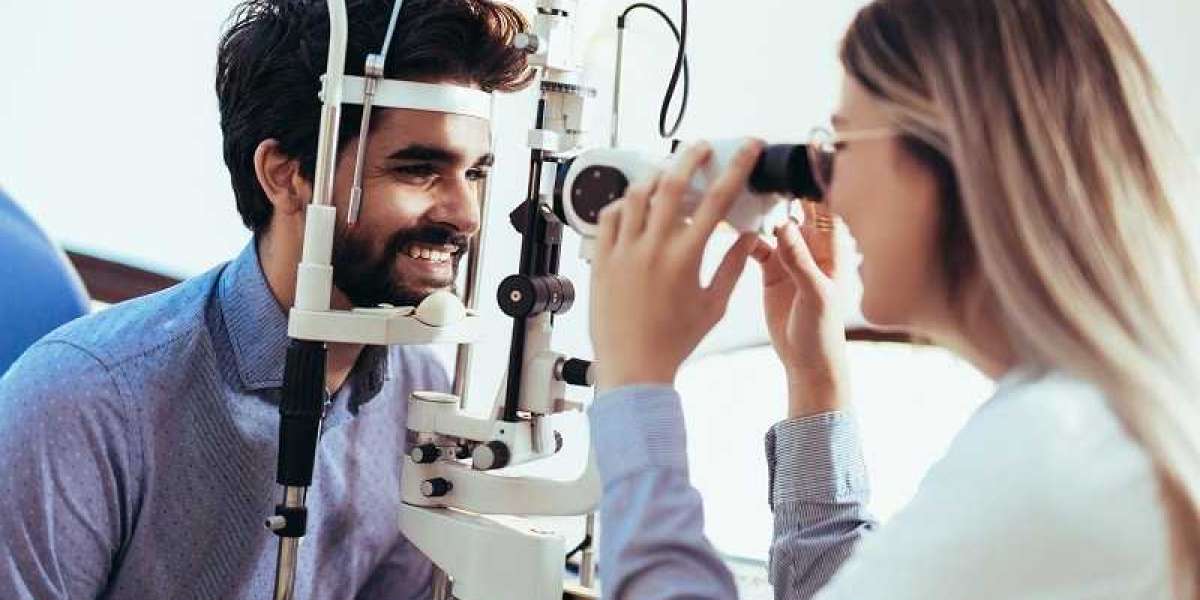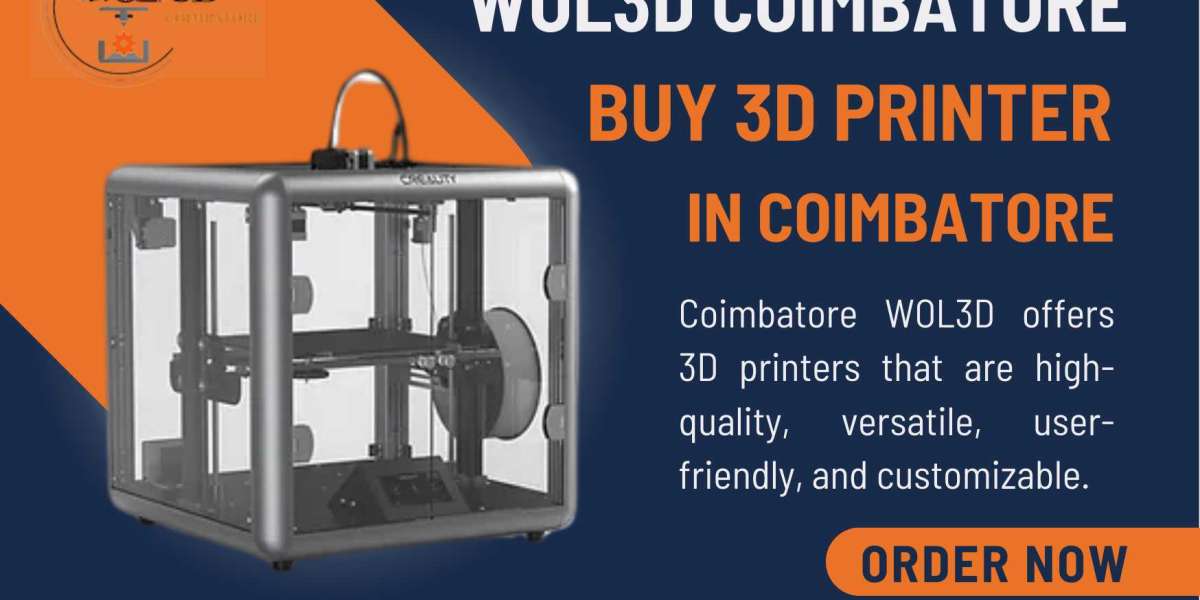Orthokeratology (ortho-k) is a non-surgical method of correcting one's vision in which the cornea, the transparent front part of the eye, is reshaped. The treatment calls for the use of custom-made contact lenses. The ortho-k lens is meant to be worn at night. The lenses apply a tiny amount of pressure to the cornea while you sleep, causing a subtle change in corneal shape. This new shape eliminates the need for corrective eyewear like glasses or contacts for everyday use.
Ortho-k is an effective and safe method for correcting nearsightedness, farsightedness, and astigmatism, the three most common refractive errors. Another group of people who might benefit greatly from this option is people who dislike having to wear corrective lenses or glasses all day long.
Despite its novelty, ortho-k therapy has been shown to be effective in a number of studies conducted by qualified optician optometrist in Singapore. In 2016, researchers found that using ortho-k helped slow the progression of myopia in children by as much as 50 percent, according to their findings published in the journal Ophthalmology.
Ortho-k treatment can be reversed in some cases. The curvature of your cornea will gradually return to its pre-ortho-k state if you stop wearing ortho-k lenses.
There are a few risks associated with ortho-k, but they are usually minimal at best. Some people may experience dryness and pain in their eyes while wearing the lenses. Ortho-k has been linked to extremely rare cases of corneal infections and abrasions.
If you're thinking about undergoing ortho-k therapy, you should talk to your eye doctor about the benefits and risks involved. If you want to know if ortho-k is good for your eyes, your eye doctor is the best person to ask.
Some of the benefits of ortho-k in Singapore are as follows.
- There is no risk of complications associated with surgery, which is the only other option for treating this condition, because this is a non-surgical therapy.
- Since this is a reversible treatment, you can stop wearing the contact lenses at any time.
- It has been demonstrated as a useful tool in the fight against myopia.
- During the day, you may be able to see clearly without the aid of glasses or contacts.
Some of the drawbacks of ortho-k in Singapore are as follows.
- This procedure is significantly more expensive than more conventional options like glasses or contact lenses.
- It requires a specific type of contact lens that isn't widely available.
- Perhaps not everyone will find it helpful.
Do your research and talk to your eye doctor in Singapore if you're considering getting ortho-k therapy to make sure you understand the benefits and risks involved. If you're interested in getting ortho k Singapore done, you shouldn't have any trouble locating a clinic that's suitable for your needs among the many reputable eye care clinics in the country.
Conclusion
People in Singapore are increasingly turning to orthokeratology as a non-surgical alternative to both eyeglasses and daytime contact lenses. Ortho-k's ability to prevent or delay myopia progression and sustain 20/20 vision throughout the day has piqued the interest of people of all ages. Orthokeratology is still a fascinating and cutting-edge choice for people in Singapore who want independence from corrective lenses and a better quality of life from their eyes. Ortho-k has gained popularity in Singapore as a means of correcting vision due to its low risk of side effects and high success rate.







